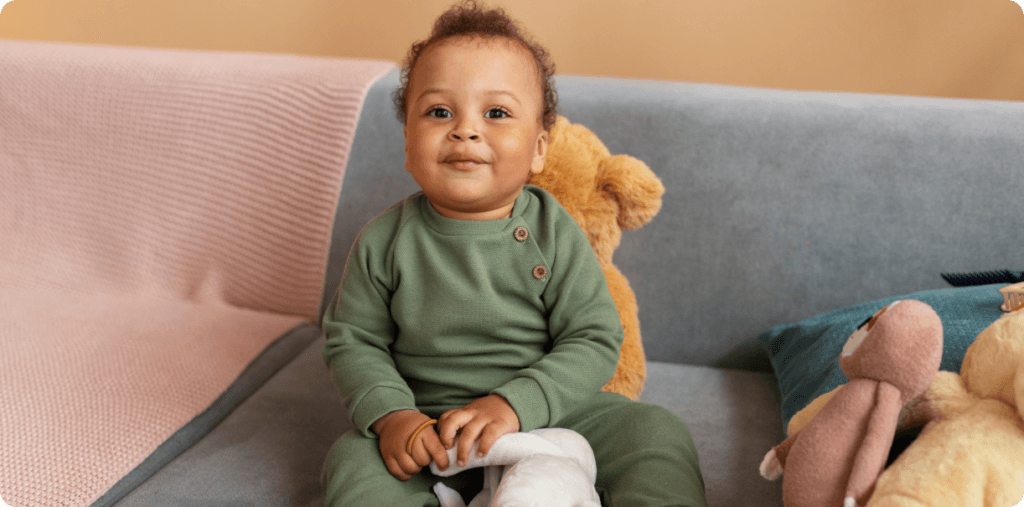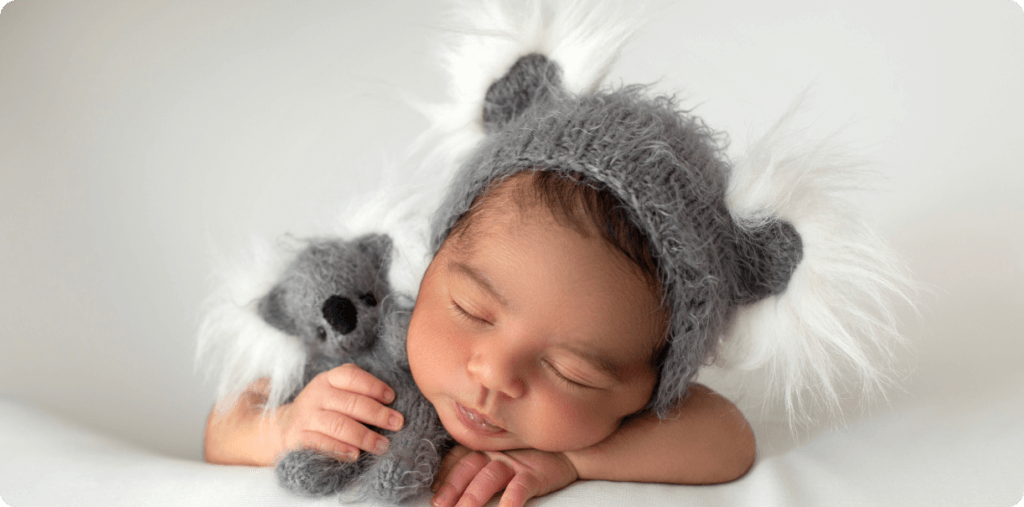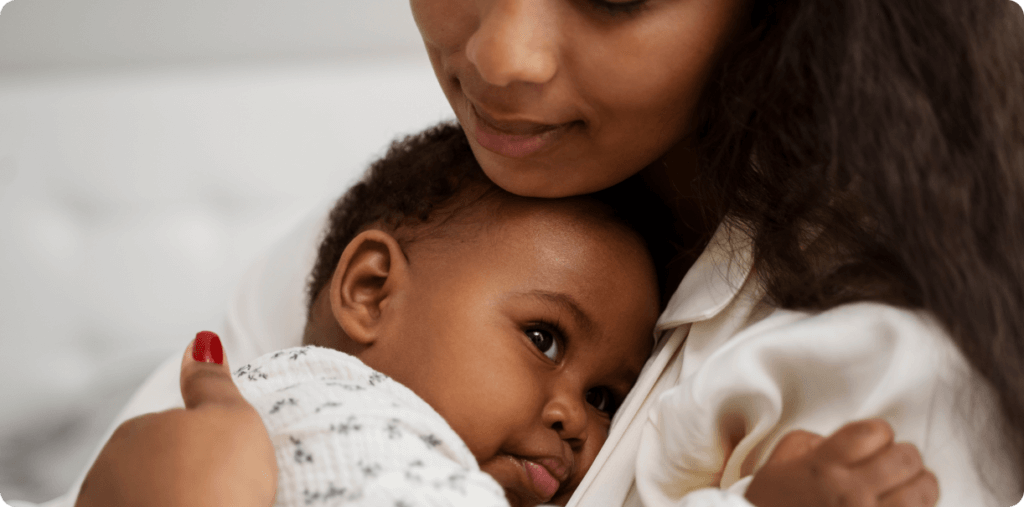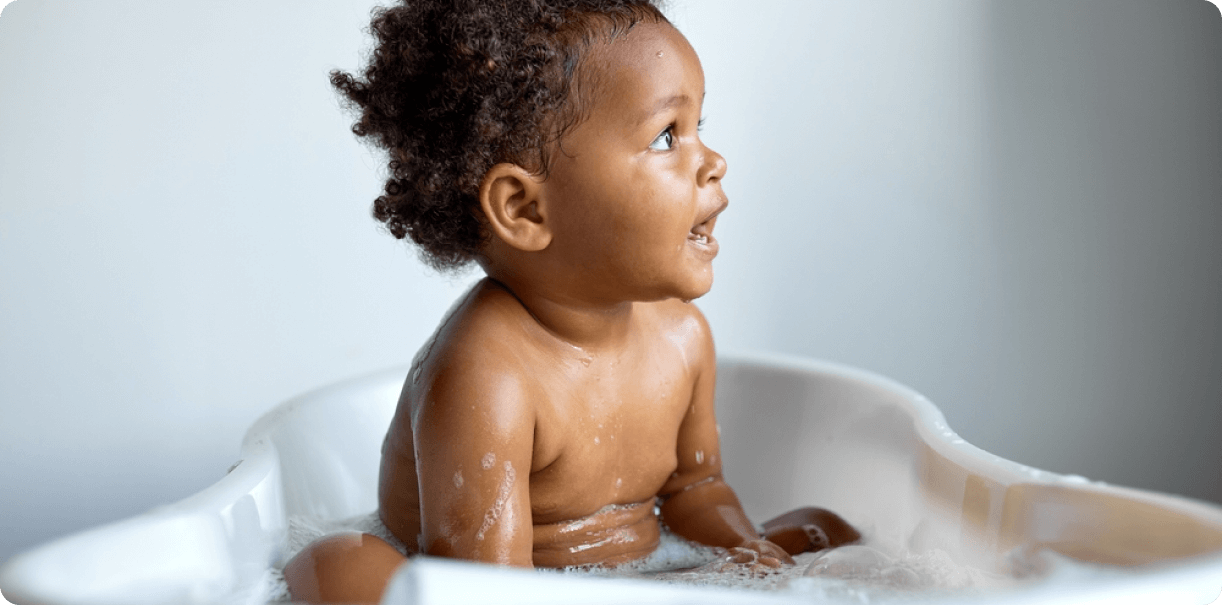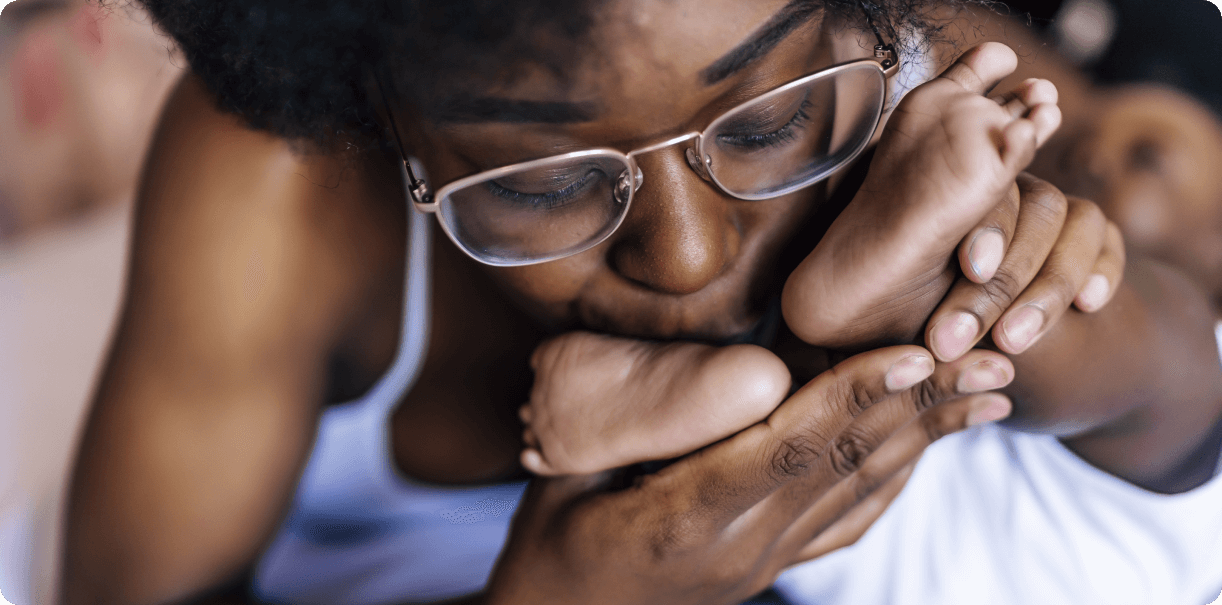
The baby’s health and comfort are paramount for mothers and also a cause of worry. New mothers are known to disregard exhaustion and dust and mop their rooms and floors to keep surfaces clean. It is just as important to keep your baby clean and healthy by using the right products in the right way.
By being prepared and maintaining your calm, you can make bathing your baby an easy and fun routine. Before starting a bath, wash your hands thoroughly and ensure that any surfaces the baby’s skin may touch are clean.
Newborn babies should only be bathed one to two times a week as more frequent baths can dry out their skin. Newborn babies should not be placed in water for a bath till the umbilical cord has fallen off. Use a natural sponge that is soft and has a fine texture and a mild baby soap to gently clean the baby’s delicate skin.
When giving the baby a water bath, always keep the bath products at hand. Do not leave the baby unattended at any time during the bath, even if it is for a few seconds. Start by cleaning the baby’s eyes, nose and ears with plain, warm water. For cleaning the baby’s eyes, use cotton balls (one for each eye) or a gauze pad and gently wipe from the corner near the nose to the outer corner. When cleaning the ears and nose, gently clean only the surface of the ears and nose with a cotton swab. Use separate swabs for the ears and nose.
For the baby’s body, use gentle soap and lukewarm water with a baby bath sponge. Remember to clean between the folds of the skin and behind the ears. When shampooing the baby’s hair, ensure that the baby’s head is raised so that water rolls off quickly. You could hold the baby in the crook of your arm while shampooing. After rinsing, pat the baby dry with a clean, soft cloth or a baby bath mitten. Use a widely spaced comb with rounded teeth or a hair brush with soft bristles to brush the baby’s hair after a bath.
It is easier to trim the baby’s nails after a bath as the nails would be softer. While clipping the nails, hold the baby’s hand or foot firmly so as to avoid injury. Another good time to trim the nails would be when the baby is asleep. For newborns and small babies, use nail scissors with rounded tips to trim their soft nails. By the time the babies are 9 months or so, you can switch to nail clippers with small blades and rounded corners that will prevent injury to the baby’s skin when trimming corners of the baby’s nails. Avoid cutting the nails too short as that can cause infection around the tips.
Every diaper change requires you to carefully clean the baby’s bottom including the folds of the skin. Baby wipes are a convenient option to clean the baby. Choose wipes that are moisturising and free of alcohol or parabens. After cleaning, allow the diaper area to air-dry before putting on a new diaper. Also, while changing the diaper, check the skin carefully for redness and apply a soothing baby lotion to avoid diaper rash.
Babies generate a lot of laundries be it their food spills or milky burps or diaper messes. The clothes tend to get stained and need a laundry detergent that effectively removes the toughest and most stubborn stains while remaining gentle to the baby’s clothes and protecting against wear and tear from regular washing. Choose a laundry detergent that does not contain alcohol or strong chemicals that can harm your baby’s developing skin.
Baby wipes are multi-functional and have become an essential part of the baby’s hygiene kit. They are great to wipe the baby’s face and body so as to freshen up the baby. Baby wipes are also great for wiping the baby’s hands and face when you need to step out with the baby. Choose wipes that are free from alcohol and parabens and are gentle on the baby’s delicate skin.
PIGEON has a wide range of baby hygiene products that have been designed to provide total care for your baby. The products have been tested for safety and are gentle on the baby’s sensitive skin. Thorough cleaning with quality products from the PIGEON Hygiene range will keep your baby looking and smelling clean and happy.
